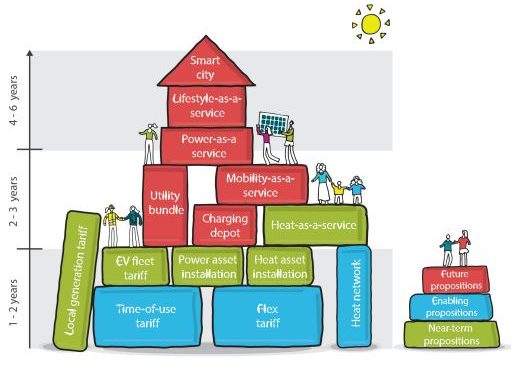 Regen’s smart energy expert, Tamar Bourne, takes a closer look at how new technology platforms, and new customer propositions, will enable consumers and business to buy clean and affordable energy users in the future.
Regen’s smart energy expert, Tamar Bourne, takes a closer look at how new technology platforms, and new customer propositions, will enable consumers and business to buy clean and affordable energy users in the future.

